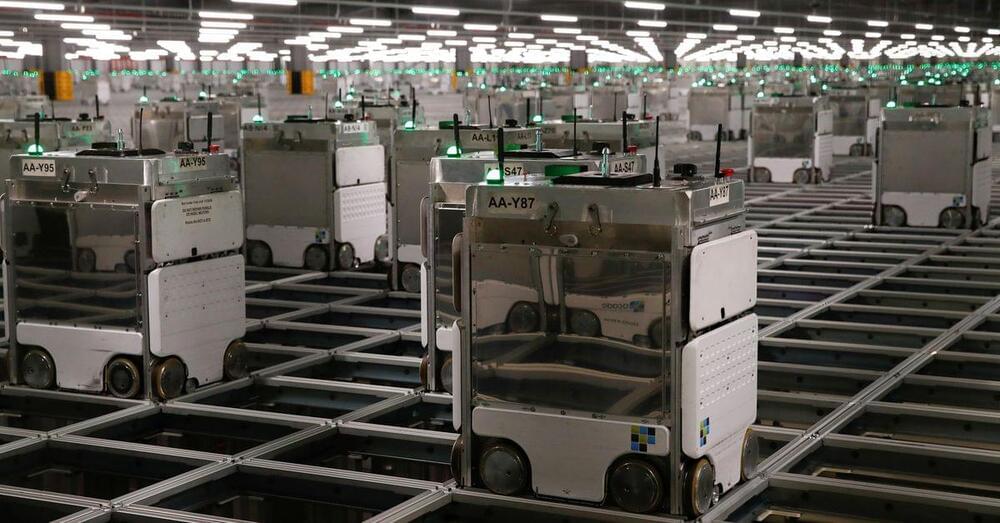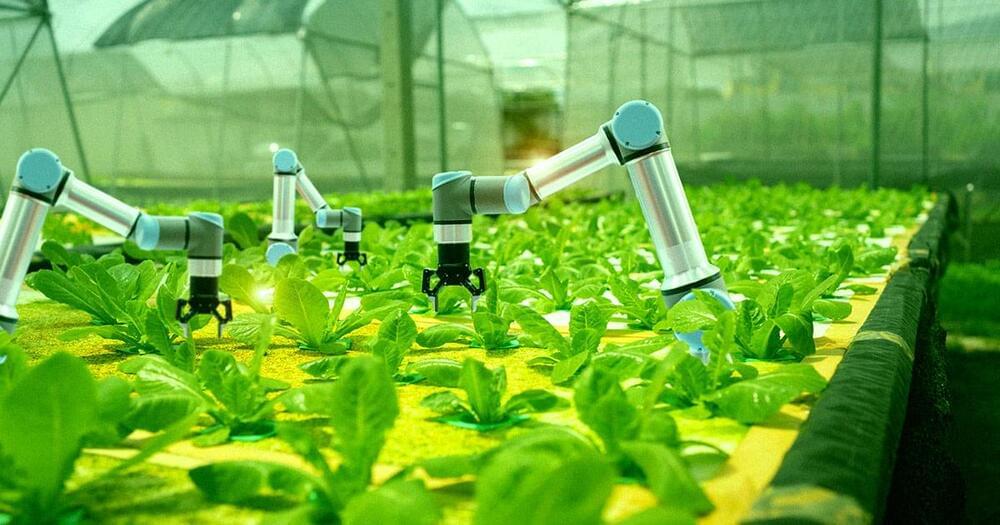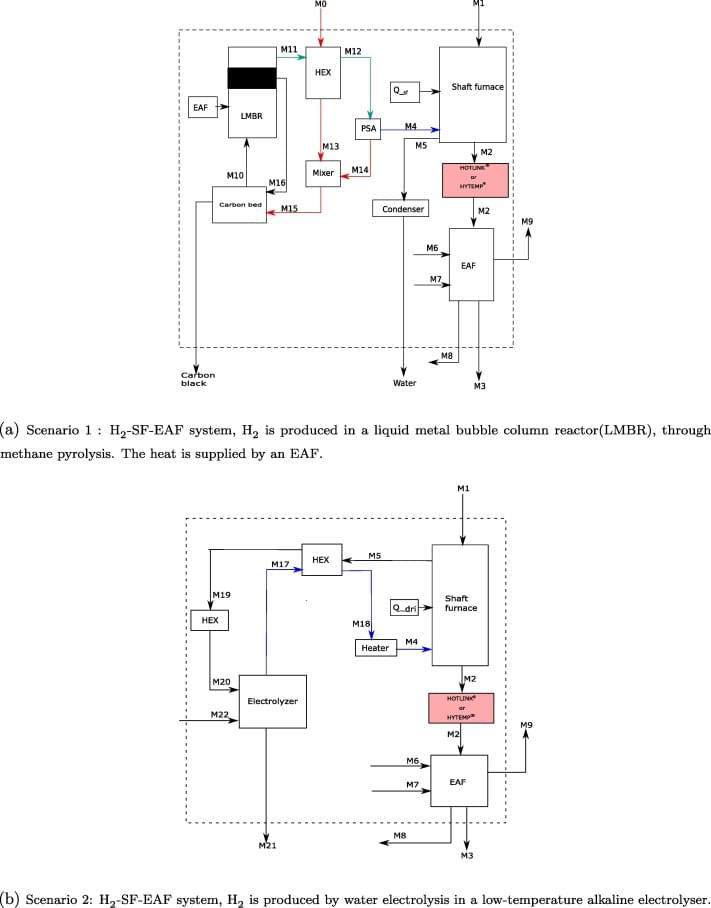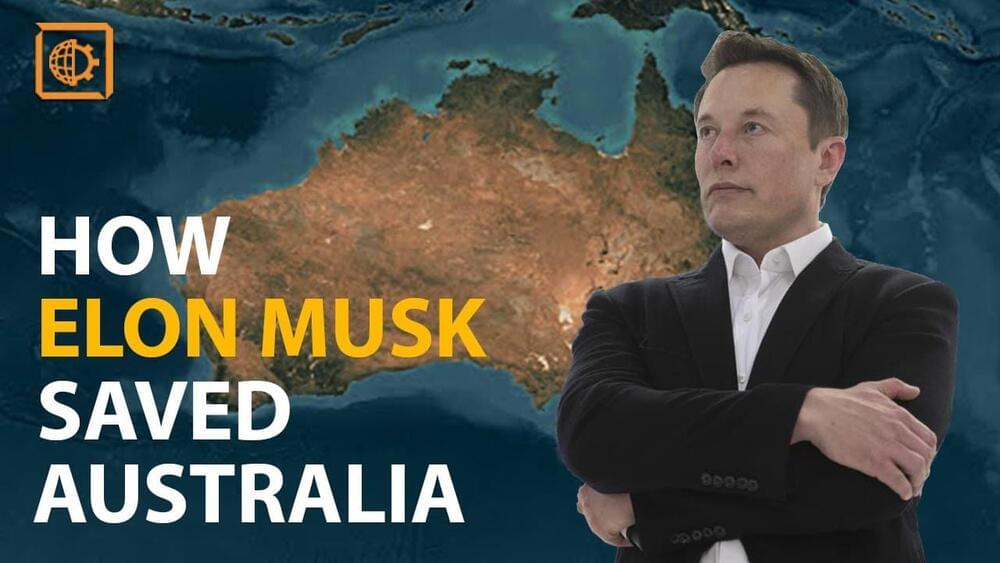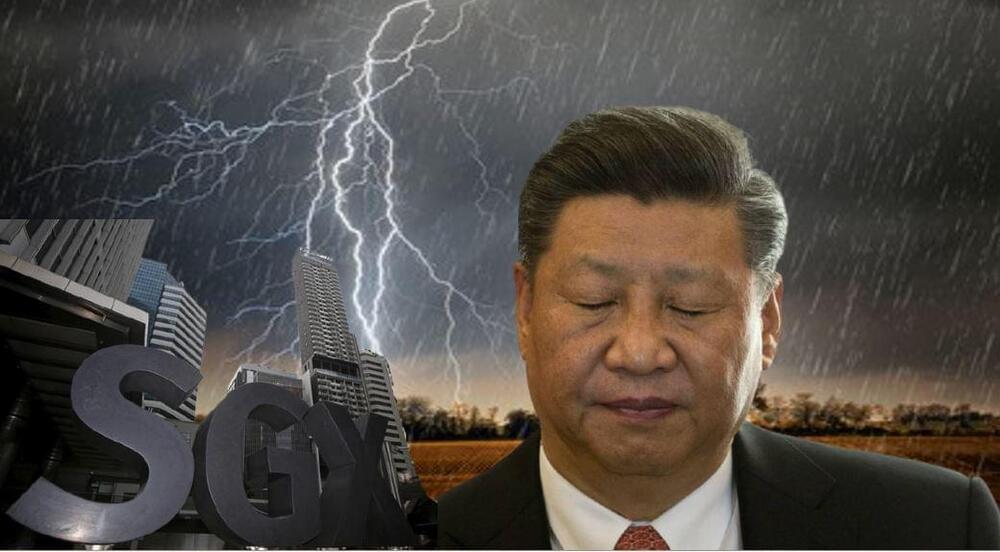The UK’s Reaction Engines has announced a joint venture to create compact, lightweight ammonia reactors it says can be used to decarbonize difficult sectors like shipping and off-grid energy generation – and surprisingly, also aviation.
We’ve written before about ammonia’s potential in the clean transport sector; check out our ammonia clean fuel primer piece from September. Compared against hydrogen, ammonia’s much easier and cheaper to store and transport, and although it only carries about 20 percent as much energy as hydrogen by weight, it carries about 70 percent more energy than liquid H2 by volume.
The weight issue generally rules ammonia out of aviation discussions; at less than half the specific energy of jet fuel it looks less attractive than hydrogen. But hydrogen’s volume issues must also be taken into account. Today’s airliners are built for jet fuel so retro-fitting large-volume long-range hydrogen tanks can mean you lose seats. And anyone who’s flown economy can attest, airlines really like fitting in as many seats as they can.

